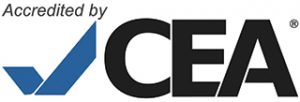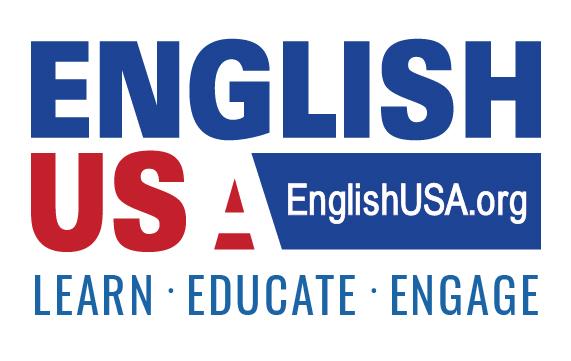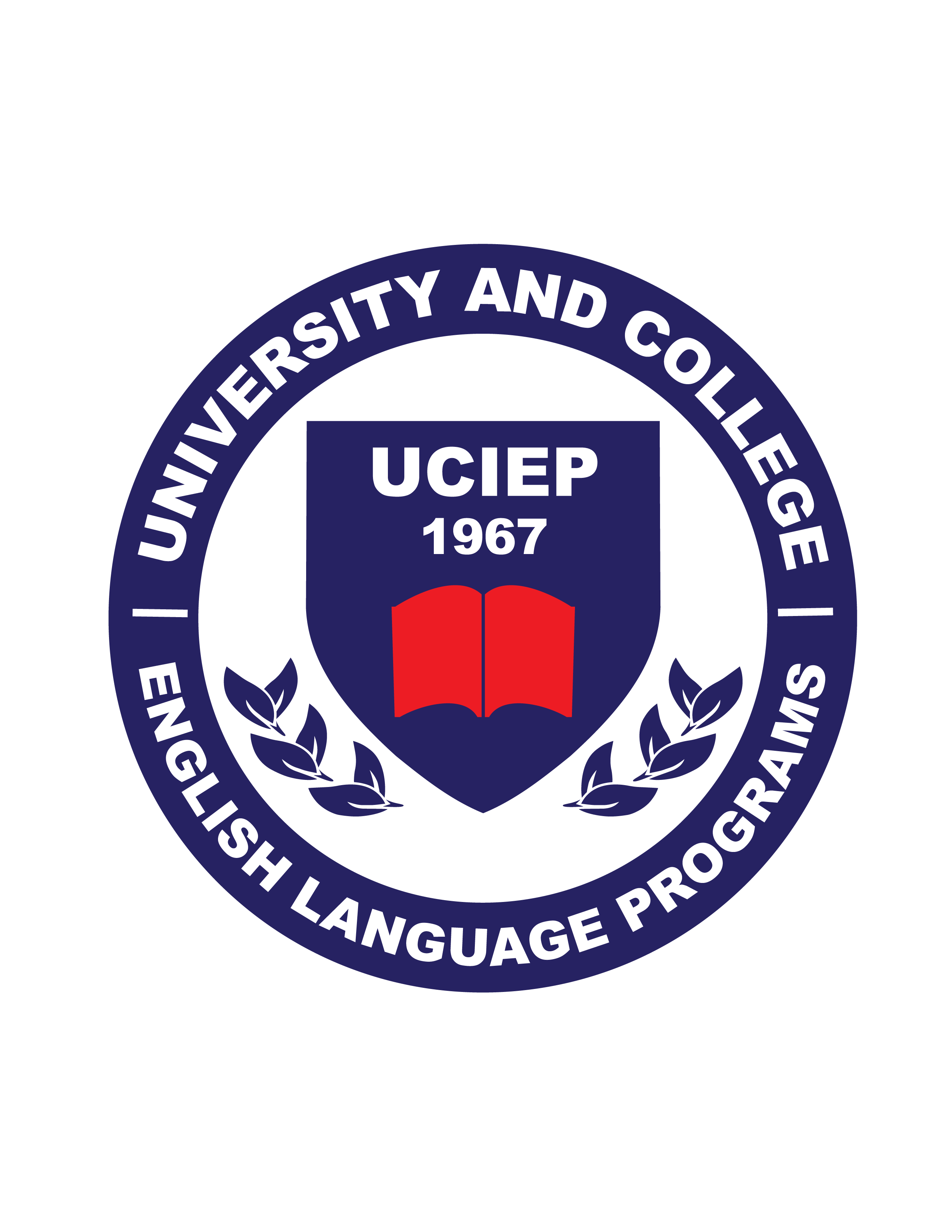Intensive Program Achievement Scale
| Overarching Goal | Beginning | Intermediate | Advanced | Advanced Plus |
| Academic Reading
Students read to learn by focusing on explicit reading strategies and applying those strategies to a variety of texts. |
Students can recognize the various styles of text organization. Students can interpret and answer reading comprehension questions. |
Students can interpret reading comprehension questions and infer the meaning of new vocabulary and the author’s purpose. |
Students can annotate, summarize, and paraphrase academic texts without plagiarizing, as well as identify argument strategies and evaluate argument effectiveness in structured environments. |
|
| Writing
Students develop their academic writing skills by focusing on content, rhetorical organization, written sentence structure, and cohesion. |
Students can construct short paragraphs on familiar topics using simple and compound sentences.
|
Students can construct 3-paragraph academic essays demonstrating transitions, logical order, and a specific rhetorical mode. |
Students can construct academic essays that synthesize ideas from multiple sources, argue a position, and persuade the reader while using formal documentation. |
|
| Grammar
Students focus on language form and meaning through context appropriate use to prepare for success in an American university environment. |
Students can recognize the parts of a sentence, use simple and progressive tenses, and use conjunctions to produce compound sentences.
|
Students can recognize all parts of speech, create complex sentences, and use multiple verb tenses and high frequency grammatical structures. |
Students can use noun, adjective, and adverb clauses to create complex sentences, use real, unreal, and implied conditional sentences., and use the past perfect and past perfect progressive verb tenses.
|
|
| Listening & Speaking
Students develop listening and speaking skills and strategies to use in the academic classroom. |
Students can communicate in simple tasks requiring direct exchange of information on familiar topics.
|
Students can express opinions on a variety of topics, distinguish main ideas when listening to academic and personal topics, and use appropriate verbal delivery practices in presentation. |
Students can infer logical conclusions from academic lectures (visual and audio) and other authentic sources, distinguish organizational patterns through accurate note-taking skills, and use appropriate verbal delivery practices in highly-developed presentations. |
|
| English for Academic Purposes
Students develop skills necessary for work on research, academic papers, and academic presentations. |
Students can interpret, analyze, and synthesize authentic academic texts, as well as express themselves in clear, well-structured academic written texts and oral presentations. | |||
| English in the Sciences
Students develop skills in reading, writing, speaking and listening about authentic materials on topics regarding science and technology. |
Students can discuss, read, and interpret various science and technology topics, as well as express themselves in clear, well-structured written texts and oral presentations using scientific and technological vocabulary. | |||
| Business English
Students prepare for the communication and research demands related to business using professional business tools. |
Students can express themselves fluently and spontaneously on business topics and current events in business, formulating ideas and opinions using business vocabulary and rhetoric accurately.
|
|||
| Literature Written in English
Students read, interpret, analyze, and react to authentic literary texts of American literature in writing and discussion. |
Students can identify aspects of character, setting, plot, conflict, and theme in authentic literary texts of
American short-fiction while distinguishing between the personal, the cultural, and the universal within a story.
|
|||


